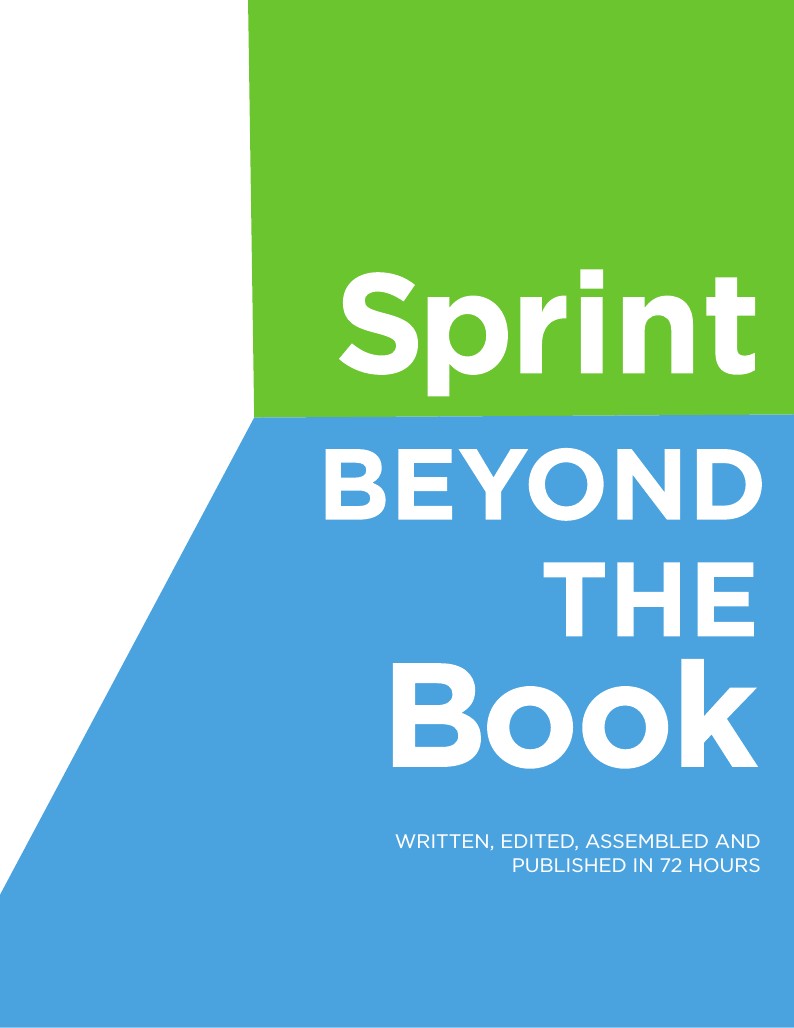
Sprint Beyond the Book (2016)
Forfatter:
Created collaboratively in 72 hours at SSP2016 — see PDF for full author and contributor lists
Sidst opdateret:
10 år siden
Licens:
Creative Commons CC BY 4.0
Resumé:
Emerging technologies continue to transform the ways we collect, synthesize, disseminate, and consume information. These advances present both hazards and opportunities for the future of scholarly publication and communication. During this book sprint—presented by the Center for Science and the Imagination at Arizona State University and the Society for Scholarly Publishing (SSP) and embedded in SSP’s 2016 annual meeting in Vancouver—we discussed issues of increasing scholarly impact and accessibility, wondered whether computers can make scholarly contributions that warrant co-authorship, speculated about what forms scholarly books may take in the future, and more.
Tackling ambitious and often ambiguous questions like these requires a diverse group of thinkers and writers and an innovative approach to writing. The book sprint method provides this innovation. Throughout the annual meeting, we held six miniature book sprints. During each sprint, we convened a group of four to six writers to tackle one of six big questions. Each sprint began with a facilitated conversation, followed by time for our writers to reflect and compose a piece of writing inspired by the conversation. Each piece was composed on Overleaf using this template specially created for this undertaking.
Conferences like the SSP annual meeting and scholarly publications themselves are often undergirded by spontaneous, inspiring, thought-provoking conversations among colleagues and collaborators, but those conversations are rarely captured and shared, and are often clouded in memory, even for the participants. The book sprint process hopefully absorbs some of the kismet and energy of those initial conversations, right at the start of a big idea, and makes it part of a more durable intellectual product—and a possible springboard for additional conversations in a broader range of times and places. The work would not have been possible without the contributions of our four core sprinters—Madeline Ashby, Annalee Newitz, Roopika Risam, and Ido Roll—who participated in every session, and the many SSP members who participated in the individual sprints and shared their expertise.
All of our content is free to read at http://sprintbeyondthebook.com, and free to download and share under a Creative Commons license.

\begin
Discover why over 25 million people worldwide trust Overleaf with their work.